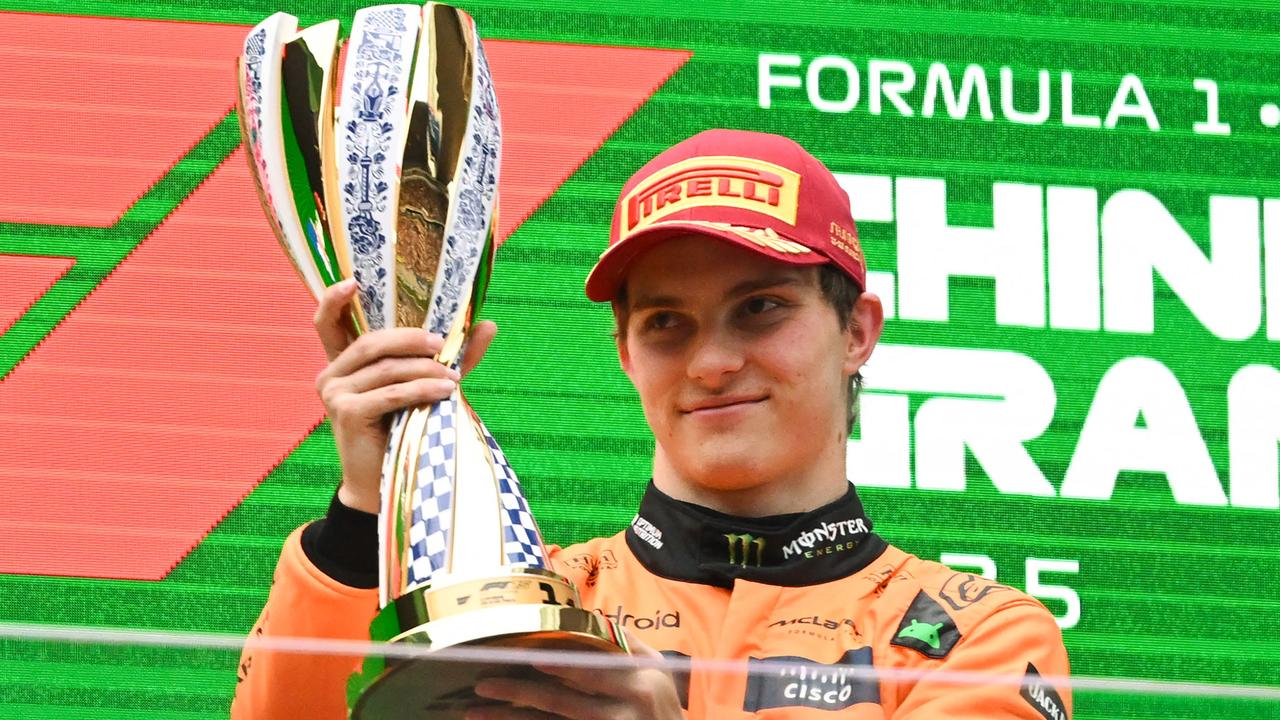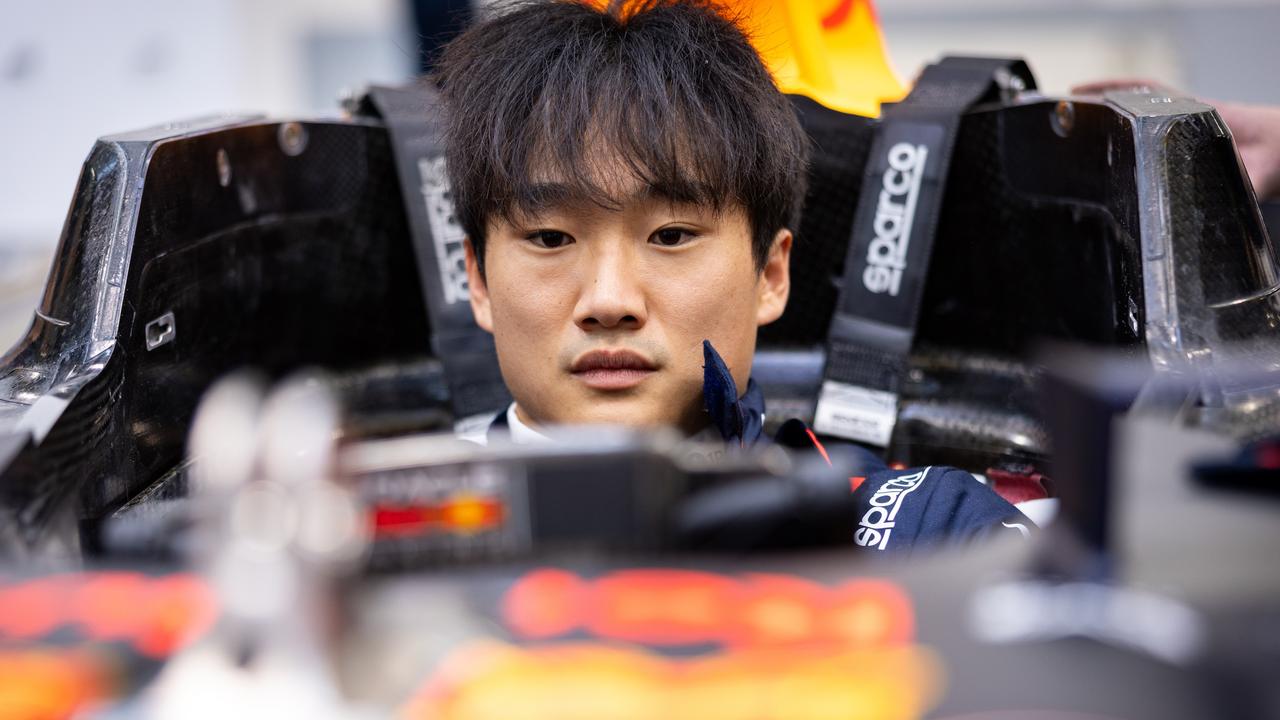
Do Kyung-dong (National Armed Forces Athletic Corps) has been the “new stealer” for the South Korean men’s sabre team on their way to their third consecutive Olympic team title.
Do stepped onto the piste for the first time after replacing Koo Bon-gil (Korea Sports Promotion Organization) at the start of the seventh round of the final against Hungary at the Grand Palais in Paris, France, on Monday (Sept. 1), trailing 30-29.
Before the final, Do Kyung-dong hadn’t competed once.
After the semifinal against France, Do Kyung-dong left the joint press area in frustration, saying, “I’m tired of not being able to play,” and scored five points in a row as if it was a break.
He was the sharpest offensive player on the team, according to his teammates and coach Won Woo-young, and he overwhelmed Christian Love for a long time.
The “storming five” gave South Korea a 35-29 lead in the seventh game and the victory.
Do Kyung-dong, who enlisted in the Army in April last year, was originally scheduled to be discharged in October. However, after winning the gold medal, he became eligible for special benefits for military service, delaying his discharge by about two months.
Do Kyung-dong, who personally led the national team out of the quagmire of the Hungarian team’s relentless pursuit, earned his ‘early retirement’ with his own hands.
“I’m going to get out of the military and work harder at fencing,” he laughed in response to a joke in the post-match press area about whether or not he would fulfill his military service.
“As an athlete, my ultimate goal was to win gold. I’ve been training with that in mind, and it’s like a dream that I was able to fulfill my goal.” ‘More than personal joy, I’m happy that we were able to make a new history for our fencing and win three consecutive (team) titles,’ Do said.
He added, “(Oh) Sang-wook won two gold medals, so I really congratulated him. (We) are now living in the era of Oh Sang-wook,” he added, giving a thumbs-up.
Veteran and eldest brother Koo Bon-gil credited Do Kyung-dong with keeping him grounded with his energy and determination. After struggling mightily in the quarterfinals against Canada, Koo turned things around against France and became the No. 1 offensive player in the final.
“After the quarterfinals, I was scolded by Do Kyung-dong in the locker room. He said, ‘Bro, why are you not confident, you need to be confident,’“ Koo recalled. ‘I was very weak at that time, but when I heard that, I said, ’Okay, I’ll do well, I’ll try to be confident,’” he said.
National team coach Won Woo-young also said, “I never missed a training session. He trained consistently, was sincere, and played a good role in creating the atmosphere.” ”I can’t describe it in words. The best.”
Along with Do Kyung-dong, Park Sang-won, who is considered to be the next generation of men’s sabre, was not intimidated in his first Olympic Games.
He upset World Fencing Federation No. 6 Colin Heathcock (USA) in the round of 32 of the individual competition, then led the way in the team final, taking the first round.
Park, who is known for his fierce gestures on the piste, was subdued in the press area as he answered questions. “I want to win so badly that my fighting spirit rises,” he said. ”If I don’t do that, I will lose momentum. I think it’s because I want to kill my opponent’s chi,” he said.
“I don’t know if this is a dream or not,” said Park, who feels a sense of responsibility to follow in the footsteps of seniors such as Kim Jung-hwan and Kim Jun-ho, the ‘original’ Avengers (Avengers + Fencing), who have announced their retirement from the national team.
“When he saw Oh Sang-wook win the gold medal in the individual event, he felt really envious,” Park said. ‘Sang-wook said, ’You should get one too.
That really motivated me,” he recalls. 토토사이트 순위





